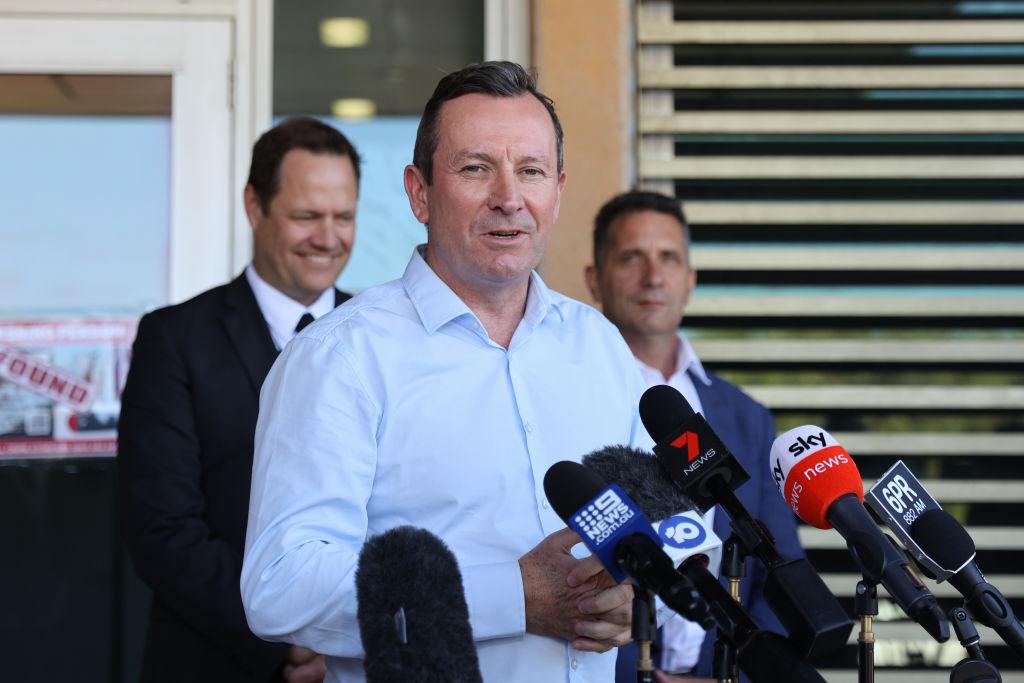West Australian leader Mark McGowan has earmarked a “reconnection” tour of trading partners Korea, Japan, and China after the state’s international borders are eased next year.
The pledge comes amid ongoing tensions in bilateral Australia-China ties and as Western Australia (WA) prepares to keep its tough border restrictions in place over the Christmas period.





